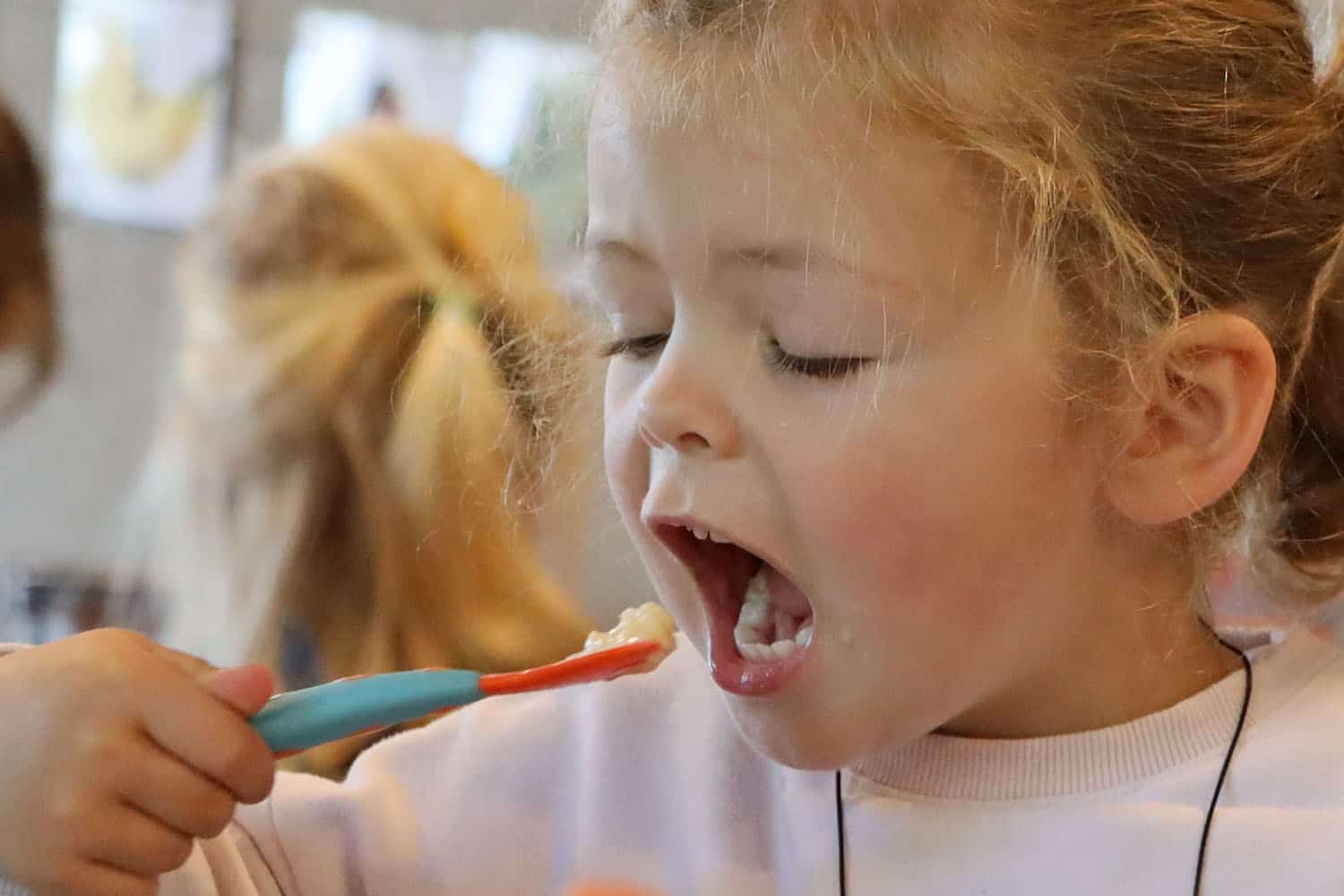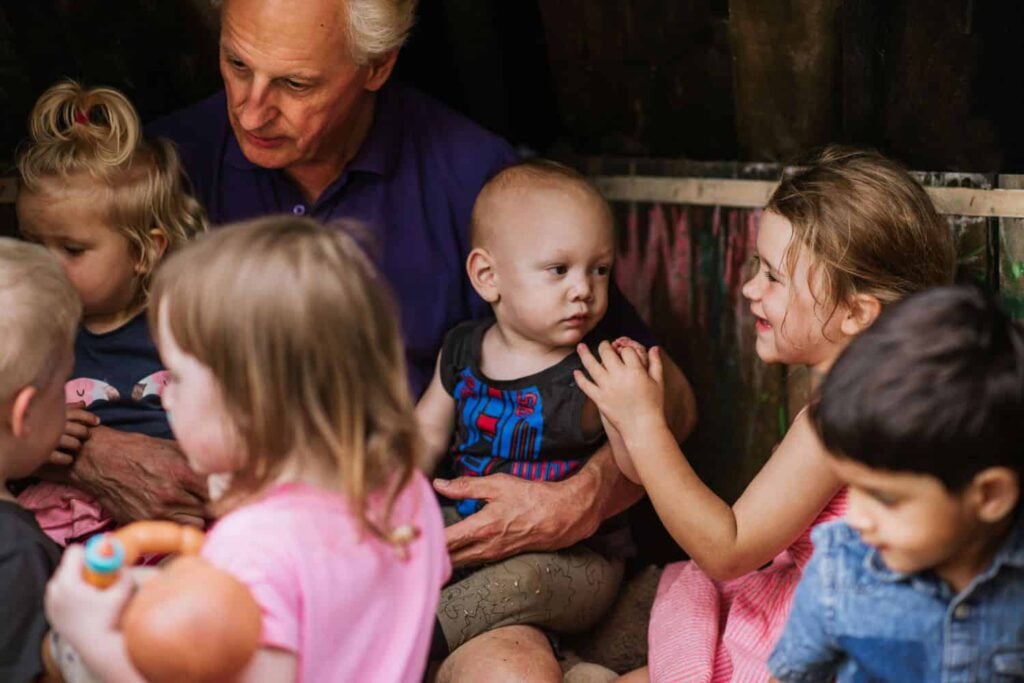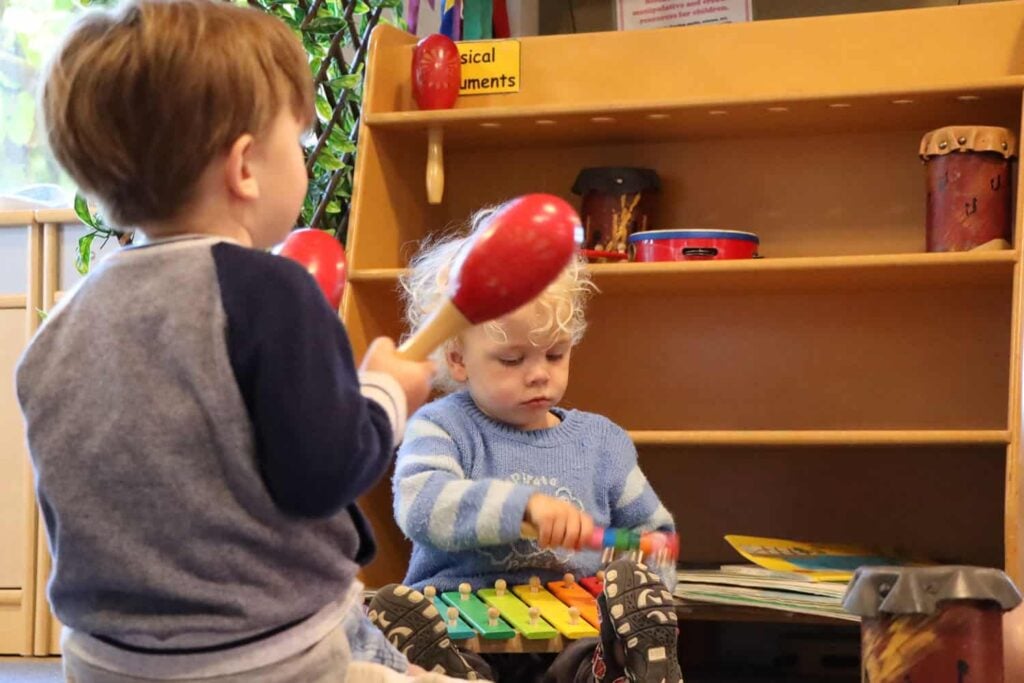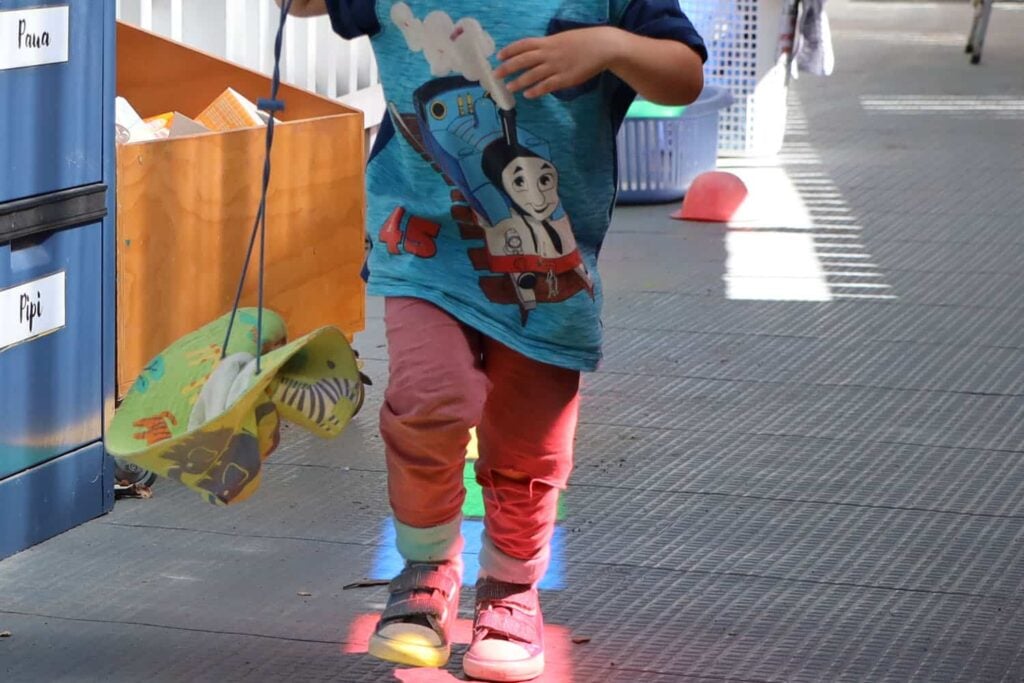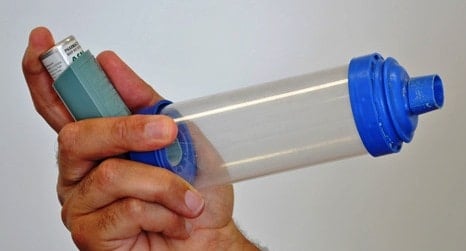The OECE’s position on food safety and safe eating.
Our position is that no infant and young child should be given food that they are known to be allergic to, or is a choking risk for their age group.
Health guidelines must be followed for food safety and to reduce the risk of children choking on food.
Extra care around food and eating must be taken in the ECE service, because of the group/social nature of the early childhood setting. Also the adults feeding and supervising children will not know them as well as their parents and family.
What we have done
An infant died from choking on apple provided at an early childhood centre. We put out guidelines on what foods not to give an infant or young child, and how to prepare other foods to reduce the risk of choking, i.e. mash, boil or grate. The Ministry of Education promised the family of the infant that it would implement new rules so something similar would not happen to another child in ECE. But the Ministry did not do this.
When an under-2 was given raw apple to eat at another centre and nearly died, the mother asked Dr Sarah Alexander for assistance to get more information about her son’s case, Dr Alexander saw that allowing services to provide children with high-risk choking food was a major and a serious issue that needed to be addressed.
Dr Alexander prepared an investigative report and with the permission of the toddler’s family, she shared the report’s findings with TVNZ.
The report gained national (and international) media interest. We continued to talk about and write about this case and the wider issue that no family could be assured that their child would not be given food that was not safe to eat. This led in Dec 2020 to the Ministry of Education introducing a new requirement that services must follow health guidelines for reducing the risk of choking when providing food to children.
In regard to managing food allergies in ECE services, we have discussed safety issues with Allergy NZ and also provided input into Allergy NZ’s advice and guidance to early childhood services. (Note that as per the Ministry of Primary Industry’s National Programme 2, ECE centres must have a food allergen management plan, and must ensure that every person who touches food has had training on how to keep food safe and suitable, ensuring there is no cross-contamination in food preparation and serving).
We will monitor and continue to take an interest in how services are meeting the new licensing criteria to reduce the risk of infants and young children choking in ECE services. We will advise as and when needed on any improvements needed to the Ministry of Education’s licensing criteria and to Food Safety requirements.
An Opinion Article
Dr Sarah Alexander
November 19, 2019
In the past people argued against making it compulsory for children to be strapped into car seats when travelling in a car, and that caregivers shouldn’t be banned from smoking in centres. But we have got used to such rules.
Today we see some people saying they don’t see a problem with children in early childhood education services having food that is of known high risk to them for choking even while seated and supervised.
- Apples are cheapest to buy so give the under-2s, cut apple slices and don’t waste time stewing the apple.
- If you are not giving them foods to eat like nuts and raw carrot (when they are too young to have their back molar teeth that are essential for chewing and have small passageways for swallowing) then they can never develop strong jaws from chewing and won’t learn to talk properly.
- If you do not let your toddler eat cheerios and popcorn you are depriving them of a kiwi childhood. It’s stupid to deprive them of such wonderful foods just because these are a high choking hazard for under-5s and especially for under-3s.
- Children shouldn’t be wrapped in cotton-wool; they need to be exposed to harm because that’s life. What doesn’t kill them only makes them stronger.
- Children won’t choke on what ever food they are given that is dangerous for their age and development, as long as there are adequate ratios and teachers are watching children eat.
It is attitudes and beliefs like the above that make rules necessary.
But the Early Childhood business Council (ECC) says there is no need for this. It argues that it is a “bureaucrat’s piece of licensing criteria.” (quoted in a Stuff article on 31 October 2019).
According to the ECC “if a teacher feels that a child is struggling with some items of food … not really ready for it, then that’s an opportunity for the teacher to be able to have a conversation with the parent and say look … here’s some strategies that would help get your child to the point where they can handle a carrot stick.”
However, the business council assumes that teachers have training to be able to instruct children and parents on this, the time to do this, and that early childhood teachers are willing to professionally and personally put themselves on the line and not accept what the Ministry of Health says and recommended best practice.
Staff in early childhood education centres are unqualified or qualified teachers. Teacher training typically does not include food safety, the mechanics of teaching children how to eat, and the anatomy of teeth.
The ECC has already said that its member childcare centres are struggling to get enough staff. How then can it be confident that existing staff will be able find time to provide one-on-one child supervision, instruct parents on strategies to test their child’s resilience against choking, and be willing to take on this additional role?
The ECC could get itself in trouble with at least some of its member childcare centres who may see it as providing inadequate representation of their views and practices. Evolve Education Ltd, which owns the centre at which a 1 ½ year old child, Neihana, choked on a chunk of raw apple and nearly died, has been and may still be a paid member of the ECC. WorkSafe reported following the 2016 incident involving Neihana that “all Evolve owned early childhood centres no longer supply raw or uncooked apples, or carrot to children under three years of age”.
Dr Marama Renata, mother of Neihana, welcomes the Ministry of Education taking a firmer hand to ensure child safety in all ECE services:
This is not proposing to ban or puree everything. It’s recognising we are not born with the ability to eat all foods, and that with growth, development and teeth, we progress to be able to eat food more skilfully.
Why throw the most difficult foods at them [children] when they have no teeth and expect them to cope with it? There are bound to be casualties – and there are.
As long ago as 2008 the Ministry of Education promised the mother of a 1 year old who died after choking on raw apple at a centre that services would not be permitted to provide apples to young children unless the texture was changed first through boiling, mashing, or grating.
No more children should die, suffer serious injury or experience the trauma of choking.
Always stop and think before giving food to a child to eat – Is it a safe food for the child’s age? Has the texture been altered to make the food safe to eat?
First Aid Trained Adult Cannot Fully Compensate for Not Ensuring Food Safety and Safe Eating
A note on whether having an adult(s) present who holds a current first aid certificate makes it okay to give young children food that presents a high risk of choking
There are two points to be made here.
- When a child chokes this is traumatic for the child concerned, for the children watching, and for the adults.
- It is important to have adults present who have had training in what to do when an infant or young children is choking.
- But even with first aid training adults may differ in how they cope in an emergency situation. Every adult reacts differently and, in the stress and panic of the moment, they may or may not be able to remember the correct actions to take and be able to take them. For example, when Neihana was choking the ambulance was not immediately called. The first aid initially performed was not the recommended first aid for a child who is choking and may have made it worse, causing more harm for Neihana. Also, one of the two teachers found she couldn’t cope with working on Neihana after he vomited and had to stand back.
Therefore, it is better to work to prevent choking from occurring in the first place.
Only food safe for a child to eat should be given to the child. If this means grating, boiling and mashing food first, giving time to do this may save a life or prevent harm.


